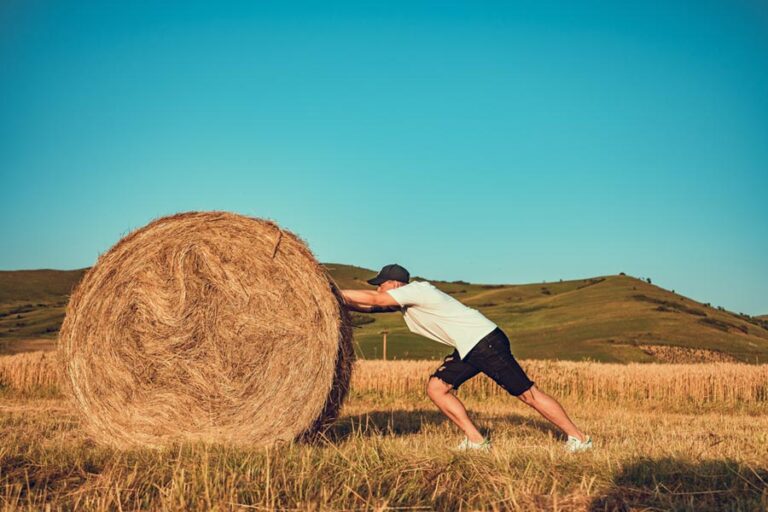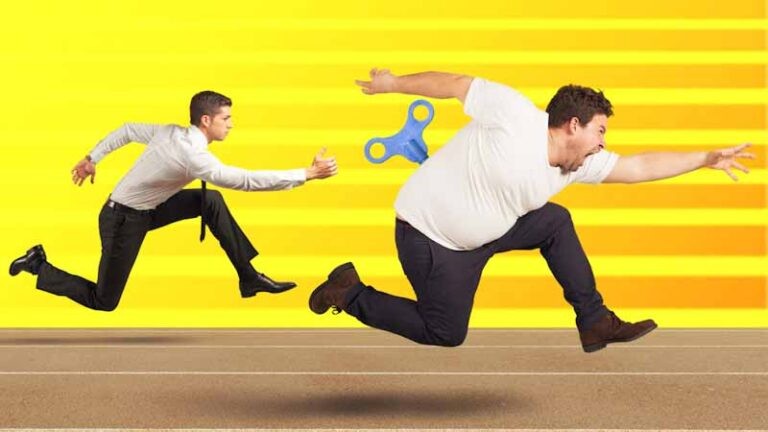Often, we believe that the only way to change the world is to make a grand scale political, technological, or behavioral change in the world. Oppositely, we believe that changing only ourselves will not make a difference and, therefore, we aren’t willing to change ourselves until everyone else changes as well.
Simply said, we don’t believe that changing only ourselves wouldn’t make any significant difference. As such, unless we are famous, influential, or have a lot of money, there is no way we can make a difference. Nothing can be further from the truth. Individual contribution plays a significant role in a great picture, even if no one notices.
Why Individual Changes Matter
For example, if we stop eating meat, we can have a notable impact on our health, environment, access to water, solving world hunger, saving rainforests, and decreasing pollution. We can do even more.
It is often hard to see the extent of our impact on the world when we consider it on a day-to-day basis. However, if we look at a person’s life over a period of several years or lifetime, the impact of the human footprint accumulates.
For example, it is estimated that for those of us who live in the US, in a lifetime we consume, on average 15 Cows, 12 Sheep, 24 Hogs, 46 Pigs, 49 Turkeys, 37 Ducks, 12 Geese, and 1.423 Chickens. We further eat 12.000 apples, 5.000 bananas, 13.000 oranges, 260 pineapples, 20.000 eggs, 20.000 potatoes, 500 pieces of bread, 500 hot dog rolls, 12.000 hamburger buns, and 15.000 candy bars, which, together with other artificial sources of sugar, adds up to 10,000 pounds sugar consumed. We drink 75.000 litters of water, 1.600 gallons of milk, 13.200 beers, 950 wine bottles, 45.000 cans of soda, and 60.000 cups of coffee.
It is reported that we throw away up to 20-30% of all food items because we buy too much of it and don’t consume it on time. For a family of four could mean anywhere between $1,400 and $2,300 food wasted per year. This, together with all food lost due to low harvesting, storage, and transportation practices, adds up 50% waste of all food produced. So much for solving the world’s hunger.
Furthermore, on average, we use 160 toothbrushes, 400 toothpaste, 650 bars of soap, 200 shampoo bottles, 270 deodorants, 35 hairstyle gels, 219 bottles of mouthwash, 80 packs of floss and 1.095 packs of chewing gum, 400 skincare products, 25 nail polishes, 40 perfumes, and 50 lipstick tubes. We take 28.433 showers, using in process 700.000 gallons of water. We also own 7 washing machines, 5 refrigerators, 8 microwaves, 7 air conditioners, 10 TV, 15 computers, 10 homes, and 12 cars, in which we drive 625.000 miles (around 25 times the world), which consume 31.500 gallons of gasoline. We watch up to 4 hours of TV per day, which adds up to an astonishing 12,5 years in front of the TV. We read 415 books (6 books per year) and 5.000 newspapers. We spend 9.000 dollars on new home decoration and 53.000 dollars on cloth. We produce 15 tons of trash, 15 tons of plastic, 565.000 gallons of sewage, and 500 tons of CO2 emissions.
But there is more…
Plastic, specifically, presents some additional problems, since it takes several lifetimes to biodegrade. This, in turn, means that all the plastic trash that was ever created still exists in some form or another on our planet today, and we are always producing more and more of it. This is why, perhaps, so much of it ends up floating in our rivers and seas, causing environmental problems that we hear on TV.
Giving these huge individual consumption numbers, we can see that perhaps we over-consume. Indeed, compared to the rest of the world, those living in the US produce almost 4 times more CO2. We do so by relying more on technological facilitators like hair dryers than anyone else in the world. Indeed, on average, hairdryer burns through a 0.75 tone of coal during our lifetime, just drying our hair.
Small Changes Lead to Big Impact
The solution is, therefore, to be more mindful of our activity. By changing simple things in our day-to-day activities can contribute to creating a better world for everyone.
We can do so by, for example, decreasing the temperature in the house by 2 degrees in winter and increasing it by 2 degrees in summer, which will save 2.000 pounds of carbon dioxide per year. We could replace less efficient light bulbs with a more efficient one that can prevent 0,5 tons of carbon dioxide emissions over the bulb lifetime. We could avoid another 0,5 ton of carbon emissions by unplugging appliances when we aren’t using them. They are still consuming energy even when they are connected to the grid.
And while all these numbers are only very rough and approximate estimates, which vary when we consider our situations and lifestyles, we can undoubtedly change the world if we alone start consuming more mindfully, not even to mention if we join the worldwide movement sustainable consumption.
Sources
- Documentary – Cowspiracy (2014)
- US Department of Agriculture (2008). “Human Footprint.” The documentary featured on National Geographic Channel.
- Statistic adopted from “Deutscher Durchschnittsverzehr im Laufe eines Lebens.” Translated from German.















